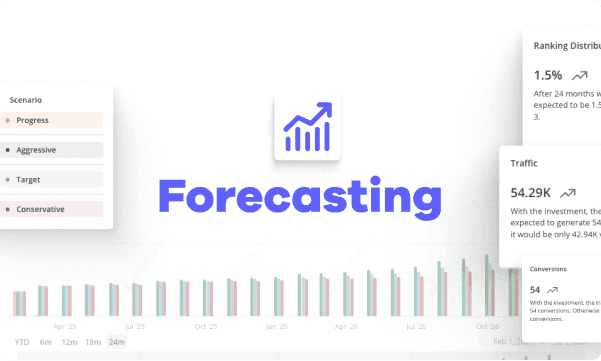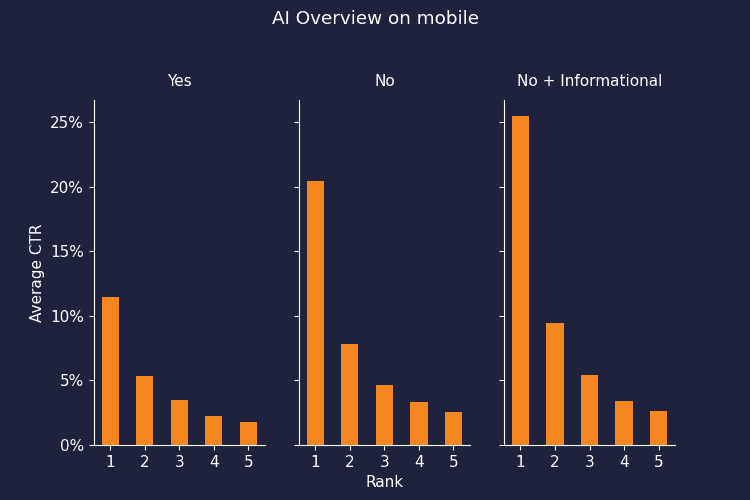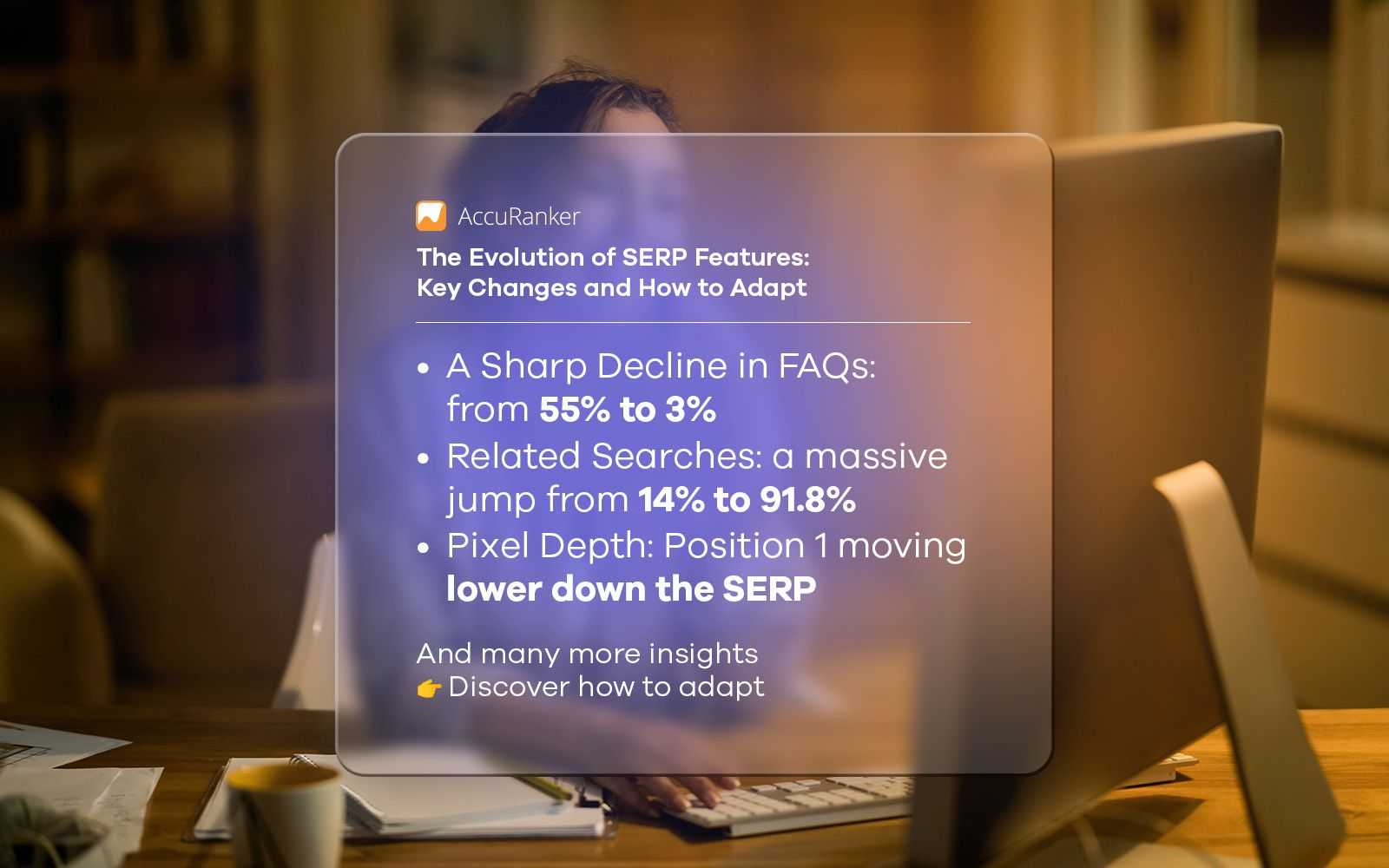eCommerce Defined, Explored, and Exposed
Last updated on Tuesday, September 12, 2023
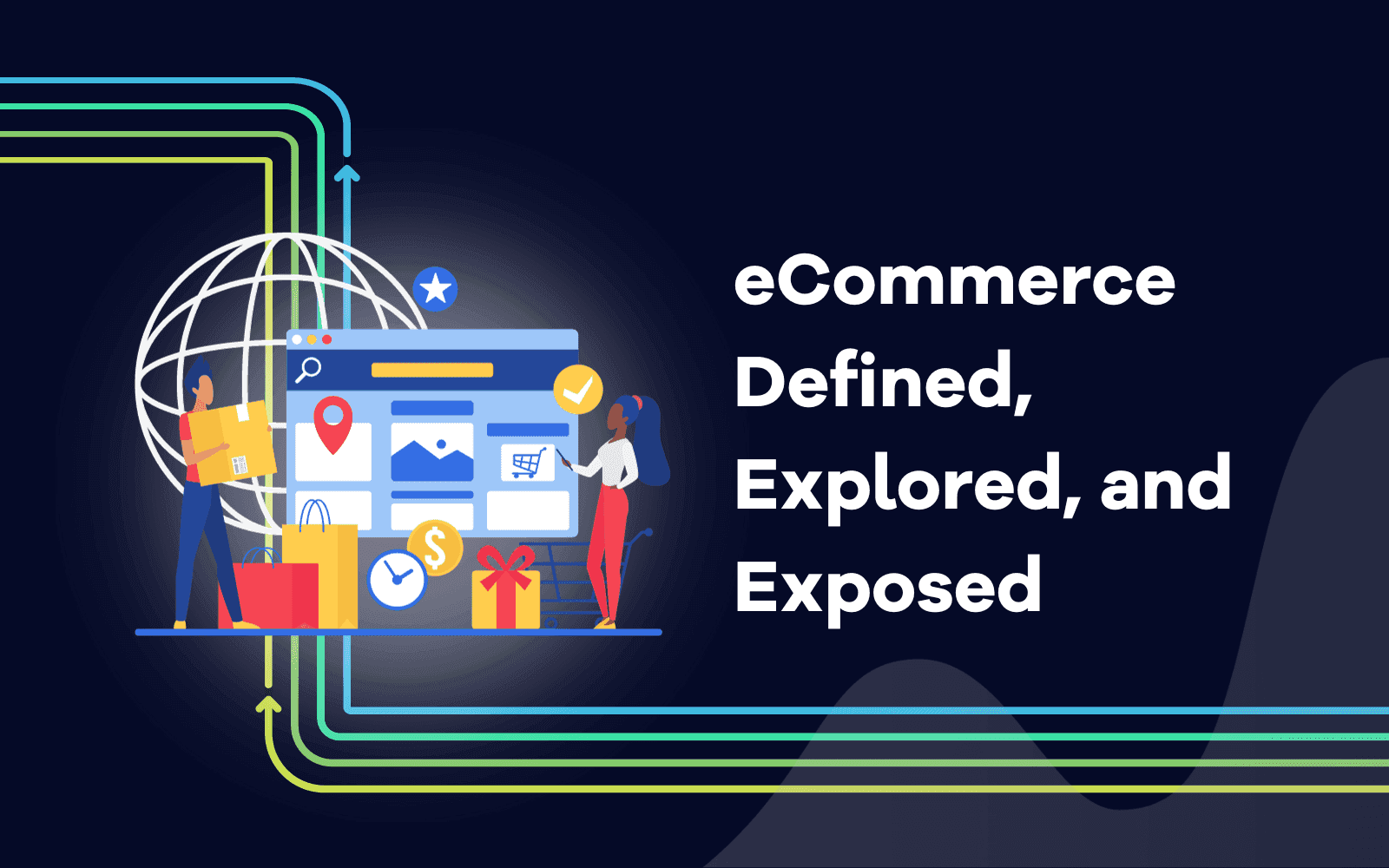
A world where everything is available at your fingertips and delivered within minutes or days. Be it food, groceries, clothes, medicines, or any service, basically everything. What do you call it? Well, this power is known as eCommerce. In simple words, "the online buying and selling of goods and services is known as eCommerce." Experts define it as electronic commerce.
The eCommerce industry has thoroughly changed and transformed our daily lives for the better; it has influenced how we live, shop, and even sell anything online. The choices we make, the things we buy, the pictures we see, and the places we wish to explore are all based on eCommerce. How we shop or sell anything online has changed over time, and it is still developing, and new things are being introduced. In this trend, the use of SEO is important to ensure a higher ranking for your eCommerce business.
But this is not the end; there’s a lot more to it when we tap into the web of eCommerce. There are different types of eCommerce; its history, development over time, and many other things will help you understand what eCommerce is, how it has been developed, and how experts are making use of it.
The eCommerce Spectrum: Types Explored
eCommerce is not a small industry that only has a few sectors. It's a huge industry that focuses on different types of consumers and their variety of needs and even business models. Here, you’re either a buyer or a seller; there’s no in-between. Let’s talk about various types of eCommerce:
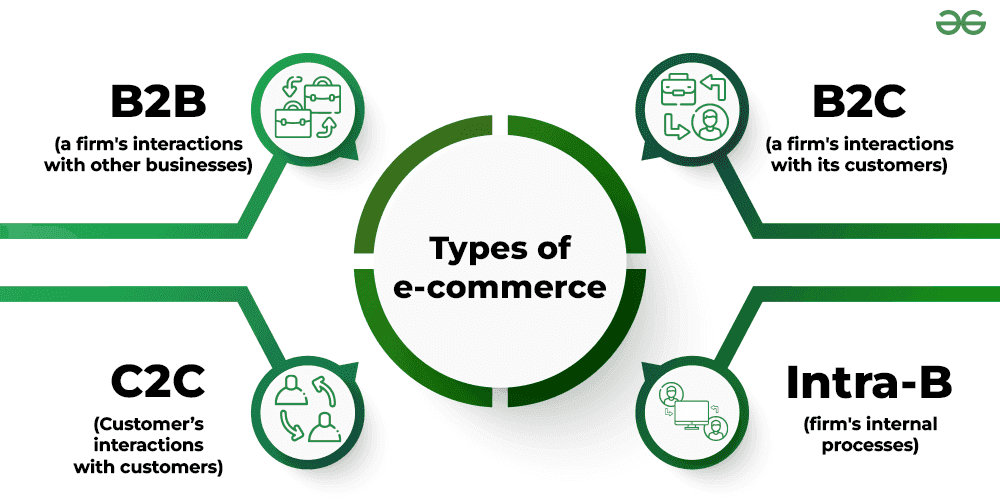
Business-to-Consumer (B2C)
B2C eCommerce involves transactions directly between businesses and individual consumers. This is basically the domain of online retail businesses, and the best examples of that are Amazon, Shopify, WooCommerce, eBay, etc. Customers can browse endlessly on these platforms, select products, and purchase them with a few clicks. The comfort and convenience these kinds of platforms provide have reshaped our vision for trade and business. The huge pool of options in B2C eCommerce has made customers ask for more and not settle for anything less.
Business-to-Business (B2B)
B2B eCommerce revolves around transactions between businesses. Without B2B, the supply and demand industry will shatter. It's the foundation of supply chains and procurement processes, allowing companies to source raw materials, components, and services online smoothly and quickly. eCommerce platforms like Alibaba and ThomasNet have restructured and accelerated the B2B industry.
This type of B2B eCommerce has increased interactions, streamlined operations, and increased cash flow in the market. Top B2B ecommerce development agencies opened many doors for global partnerships or collaborations, building harmony and healthy trade in the market.
Consumer-to-Consumer (C2C)
C2C eCommerce involves transactions directly between consumers. t can be anything from services to goods sold online between consumers. There’s no mediator between consumer and consumer, and platforms like Etsy, Amazon Marketplace, and Airbnb are platforms that provide a safe place and proper guidance to consumers who get empowered every day to become entrepreneurs and earn a good amount of money.
It gives them the power and confidence to stand out in this stiff and competitive market. And eCommerce development agencies also develop these websites holistically so that even kids can understand how to use these platforms.
The consumer can effortlessly sell their handcrafted and homemade goods. And in this way, C2C clears the lines between consumers and businesses and gives new meaning to shared economy concepts.
Consumer-to-Business (C2B)
This term is famous these days and getting a lot of limelight, as in this case, roles have been reversed, and the consumer is selling their services and goods to businesses. In C2B eCommerce, individuals sell or propose their products or services to businesses. Freelancing platforms like Upwork, Freelancer, and Fiverr are well-known platforms for this, where skilled individuals can use their skills and services to sell their services on their desired quotation. This reversal of the traditional business-consumer relationship showcases the power of the consumer exquisitely.
Government-to-Citizen (G2C)
This is the most used eCommerce platform by everyone, be it business or consumer. Everyone needs to be familiar with this. This G2C eCommerce involves government bodies delivering services and information to citizens via digital platforms. Websites like tax payment portals, online licensing services, and government informational websites fall under this category, offering citizens easier access to essential services. Important services like license renewal, tax deduction, or payment depend on this type of eCommerce, i.e., government-to-citizen (G2C).
The Time Machine: All the Way to eCommerce's Past

The world is loving and enjoying how eCommerce has transformed their lives and given them a smooth and comfortable way to live with just a few clicks. But it’s important to go back and look into the past of eCommerce to see how far we have come and how far we have to go.
The Pioneering Years (1960s–1990s)
The idea of eCommerce started developing with electronic data interchange (EDI) systems in the 1960s, helping businesses exchange documents electronically.
The development of online marketplaces such as eBay and Amazon in the 1990s laid the framework for the present eCommerce ecosystem.
Dot-com Mania (Late 1990s to Early 2000s)
The late 1990s saw the dot-com awakening, and so many startups came into the market and started exploring eCommerce opportunities and possible outcomes. Legends call it the "internet bubble," in which shopping companies like Webvan, boo.com, and Pets.com became iconic examples of overzealous investments in online startups. Not every company succeeded or failed miserably, but a few companies like Mp3 and Peoplsound survived this legendary era, giving the world a new perspective on eCommerce.
The Mobile Wave of the 2010s
The escalation from landline phones to smartphones in the 2010s significantly boosted eCommerce again. Companies started developing and focusing on mobile apps and responsive web design, which helped the shopping experience be more constructive and smooth for customers worldwide. The world was watching what technology could do and how their vision, which was just a dream once, was getting real through transitions. And the thin line between online and offline shopping is slowly disappearing.
Exemplars of eCommerce Excellence
As we have gone through the examples and ideation of different types of eCommerce and its history, let me give you some great examples of eCommerce companies that are ruling this industry as an expert.
Amazon is your go-to solution for shopping and selling
Not many people know that Amazon started as an online bookstore and then transitioned into the unstoppable titan of eCommerce. And then the rest is history; Amazon is famous and well-known because of their seamless and best customer experience.
The quick response and delivery to their clients made them famous and focused on customer experience; later, they introduced Amazon Prime. With the availability of a diverse product range and quick delivery, everything was easy for customers sitting at home. Prime was one of the best products that they launched for fast delivery for the cinema industry.
Alibaba: bringing the world closer to global markets
Coming from China, Alibaba has transitioned to B2B eCommerce, and with that, top b2b e-commerce development agencies have beautifully built user-friendly platforms like Alibaba.com and Taobao. Bridging the gap between manufacturers and buyers worldwide ensures they are closer than ever. Alibaba has made sure that international trade is now more accessible and efficient. Because of Alibaba's platform, small businesses get a secure platform that helps them make a good amount of money. And now, smaller businesses also have access to larger markets that are international.
Shopify: building an empire of entrepreneurs
Shopify empowers entrepreneurs and small businesses to make a presence in the virtual world even without much knowledge of technology; just basic knowledge is okay to start a business online. Shopify is user-friendly; anyone can use it with its customizable templates, and incorporated payment gateways have lowered the barriers to entry in the eCommerce arena.
Airbnb: A New Definition for the Hospitality Industry
Airbnb transformed the hospitality sector by providing a platform for customers to rent out their homes or empty spaces in the form of lodgings. Airbnb is a perfect example of a C2C eCommerce success story showing the power of trust, healthy community building, and sharing experiences widely.
eCommerce so far and its adventures ahead
So far, so good, and the eCommerce journey is way beyond flourishing. And as the tech industry grows and brings in new innovations, eCommerce will grow in parallel. And with that, consumer demands and needs will rise too, and their behaviour will also evolve over the course of time. The possibilities are limitless, and now that virtual reality-powered shopping experiences have been introduced, the world is celebrating and loving them.
To put it briefly, eCommerce is more than just a slogan; it is a massive force that radically altered nations' economies, trade, and individual lives.
Now that the world is evolving, we are taking the next steps for a new era. Let’s embrace it and make use of it gracefully. So, if you're a consumer, entrepreneur, or business owner, eCommerce is worth exploring and harnessing for a brighter tomorrow.

Article by:
Jane Hart
Head of Digital Marketing
Jane Hart is a Head of Digital Marketing & a technical writer at SelectedFirms. She has 7+ Years of experience in developing content and new ideas for presentation for company websites, blogs, white papers, business collaterals, and case studies. Experience in writing, rephrasing, proofreading, curating, editing, and managing content for both B2C and B2B clients. Knowledge of best SEO practices to create content as per SEO requirements for better search engine performance.
